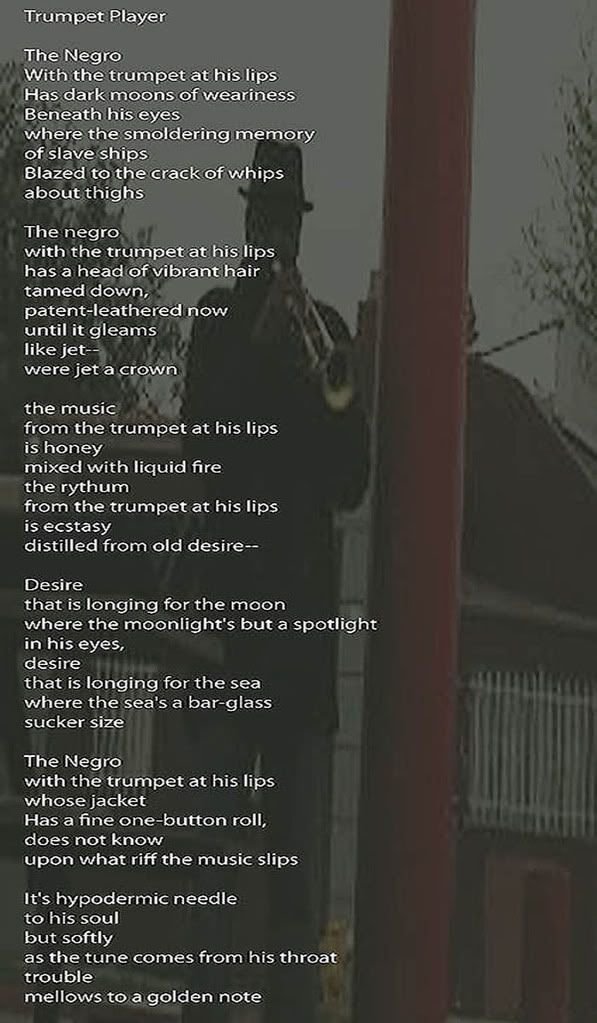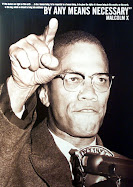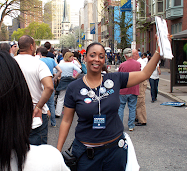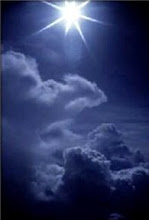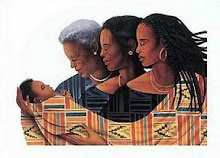What happens to a dream deferred?
Does it dry up
like a raisin in the sun?
Or fester like a sore—
And then run?
Does it stink like rotten meat?
Or crust and sugar over—
like a syrupy sweet?
Maybe it just sags like a heavy load.
Or does it explode? James Mercer Langston Hughes James Mercer Langston Hughes was born in 1902 in Joplin, Missouri. This black poet and writer became, through numerous translations, one of the foremost interpreters to the world of the black experience in the United States. Hughes's parents separated soon after his birth, and youngHughes was raised by his mother and grandmother. After his
grandmother's death, he and his mother moved to half a dozen cities
before reaching Cleveland, where they settled. His poem "The Negro
Speaks of Rivers," written the summer after his graduation from high
school in Cleveland, was published in Crisis (1921) and brought him
considerable attention. He began writing poetry in Cleveland while in the eighth grade. In 1924, Hughes moved to Harlem after traveling through Africa and Europe. His first book of poetry, The Weary Blues, was published in 1926. Hughes cited as influences the poets Walt Whitman, Paul Laurence Dunbar and Carl Sandburg.
Hughes has been called "the poet laureate of the Negro." He is one of the major figures of the Harlem Renaissance, producing poetry, fiction, nonfiction, childrens books and plays, and prolific throughout his life. He spoke of pride as a black man, and influenced many black writers and musicians.
Langston Hughes attended Columbia University between 1921
and 1922 and earned his bachelors degree from
Lincoln University (PA) in 1929. He published his
signature poem, The Negro Speaks of Rivers in 1921
and his first book of poetry, The Weary Blues in 1926.
By his death in 1967, he had published sixteen books
of poetry, two novels, seven collections of short
stories, two autobiographies, nine children's books
and five works of nonfiction including pictorial
histories of black America and blacks in the
performing arts. The Book of Negro Humor and the
Book of Negro Folklore are counted among the nine
anthologies of poetry, folklore, short fiction and
humor that he edited. His translations of works by
Jacques Roumain, Nicholas Guillen and Federico
Garcia Lorca introduced these Haitian, Cuban and
Spanish writers to American and English-speaking
audiences. Some thirty plays, as well as radio,
television and film scripts and opera librettos are
included in his oeuvres. Hundreds of his poems
have been set to music.
*For more Information and Bio CLICK HERE I, too, sing America.
I am the darker brother.
They send me to eat in the kitchen
When company comes,
But I laugh,
And eat well,
And grow strong.
Tomorrow,
I'll be at the table
When company comes.
Nobody'll dare
Say to me,
"Eat in the kitchen,"
Then.
Besides,
They'll see how beautiful I am
And be ashamed—
I, too, am America.
[I, too, sing America]

